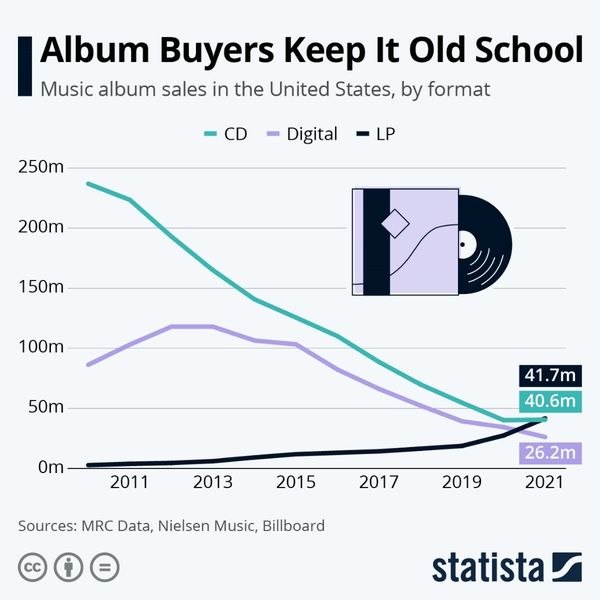Let me start with a few disclaimers. I grew up in a household with a working musician and songwriter. I am a both a Spotify paid subscriber and a recording musician utilizing it and other digital distribution platforms. I am a big Neil Young fan. I have never listened to Joe Rogan’s podcast.
I think the debate over Spotify and the “delete Spotify” movement is a little misguided.
First, Neil Young’s position, although initially coming from an earnest place, comes across as a little self-serving in the end. He became the center of a conversation about fairness and morality in the music industry for fifteen minutes and may have spiked sales in his music for a short while. (I would be interested to see any data on that.) And for the record, making a deal with Amazon (hardly a model corporate citizen) after leaving Spotify seems a little weird.
Second, based on what I have heard about him, Joe Rogan seems kind of like an asshole – the latest in a long line of so-called shock jocks. This being said, he shouldn’t be silenced. If we silence him, there are a lot of other people in the world that need to be silenced as well. In a world where Fox News is the primary source of news for a large swathe of Americans, I don’t think that Joe Rogan is the biggest problem.
And now onto my final point. Spotify does not pay artists fairly. This is not news. But why are we so fixated on Spotify? The conversation should include Apple Music, Amazon Music, Youtube, Deezer, Pandora and even Tidal (even though it pays at least double what the other platforms do). These are all technology companies masquerading as music companies, looking to drive a return. Why do we expect more of them? Furthermore, in a historical context this is just the latest incarnation of exploitation in the modern music industry, beginning most egregiously with African-American musicians and songwriters in early twentieth century not being compensated fairly (if at all) for their work. Rock and country were built on the misappropriation of their work.
The truth is that it has always been hard to make a living in music, especially recorded music. My father was on the road probably two-thirds of the year in order to make a living. Album sales did not and do not provide sufficient income, unless you are a big name or have the backing of a large industry player. And with today’s barriers to entry being so much lower than in the past, there is so much more music available making it even harder for artists to get noticed.
In the midst of this unfairness, the listening public has changed. At the turn of the millennium, file sharing platforms got music consumers used to the notion of free music with digital formats that were a convenient medium. So, while we complain about Spotify’s exploitative behavior, we the listeners have contributed most to this debacle. This chart speaks volumes. No amount of streaming will make up for the declines in this chart..
